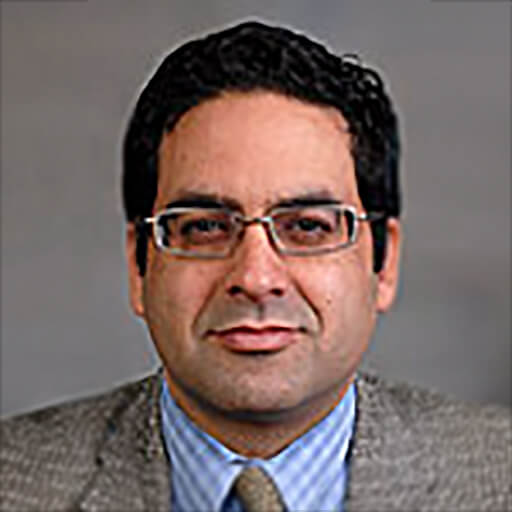The Role of Autophagy in Age-Related Eye Disease
About the Research Project
Program
Award Type
Standard
Award Amount
$100,000
Active Dates
July 01, 2011 - June 30, 2013
Grant ID
M2011014
Goals
Autophagy (self-eating) is a recycling process for our cells that continuously clears damaged structures and recycles the ingredients to maintain proper cellular function. As we get older, this recycling system does not work very well, which can lead to diseases of aging such as Alzheimer’s and Age-related Macular Degeneration. Our studies will determine how important this process is for vision and whether we can use this information to develop a new therapy to treat blinding eye disorders.
Summary
Retinal pigment epithelial (RPE) cells recycle waste and deliver nutrients to the light‐detecting cells in the retina. Excessive build‐up of waste products, called drusen, happens at the beginning of dry age‐related macular degeneration (AMD). Dr. Thomas Ferguson and colleagues will be investigating whether mice that have been made to have a faulty waste recycling process—called autophagy—develop the eye disease AMD. Eyes that can’t recycle are likely to show signs of aging, sensitivity to light, and develop blindness at an early age as a result of the loss of this recycling. These researchers have already made mice with problems in RPE autophagy to address their questions. They will track down the amount of recycling needed to keep eyes healthy and what protein or chemical “culprits” tip the balance to increase the risk of getting AMD. If a suitable target in the autophagy process is found, they will develop a new therapy to treat AMD.
Progress Updates
Dr. Ferguson’s team is investigating what happens when autophagy (cell self-eating or recycling) is eliminated very early in the life in a very important cell type called the retinal pigment epithelial (RPE) cell. RPE cells are important for the health of our retina and when they cannot function properly, blindness develops. So far, the team has removed a gene from the RPE that is important for the recycling process. Studies over the first year of this award have shown that there are indeed signs of aging, including increased damage to the RPE, a rise in lipid (fat) content, elevated deposits beneath the RPE cells, and decreased vision. This suggests that this recycling pathway is very important in keeping the eye healthy so vision can be maintained. Dr. Ferguson’s experiments will help develop a new therapy that targets cellular recycling as a treatment for the blinding eye disorder AMD.
Grants
Related Grants
Macular Degeneration Research
The Inflammasome and Novel Therapeutic Targets in AMD
Active Dates
July 01, 2011 - June 30, 2013
Principal Investigator
Pete Humphries, PhD
The Inflammasome and Novel Therapeutic Targets in AMD
Active Dates
July 01, 2011 - June 30, 2013
Principal Investigator
Pete Humphries, PhD
Macular Degeneration Research
Cytokine Signaling in the Foveal Choroid in AMD
Active Dates
July 01, 2011 - June 30, 2014

Principal Investigator
Vinit Mahajan, MD, PhD
Cytokine Signaling in the Foveal Choroid in AMD
Active Dates
July 01, 2011 - June 30, 2014

Principal Investigator
Vinit Mahajan, MD, PhD
Macular Degeneration Research
Preprogrammed Bone Marrow Cells as a Systemic Therapy for Dry AMD
Active Dates
July 01, 2011 - June 30, 2013

Principal Investigator
Michael Boulton, PhD
Preprogrammed Bone Marrow Cells as a Systemic Therapy for Dry AMD
Active Dates
July 01, 2011 - June 30, 2013

Principal Investigator
Michael Boulton, PhD



